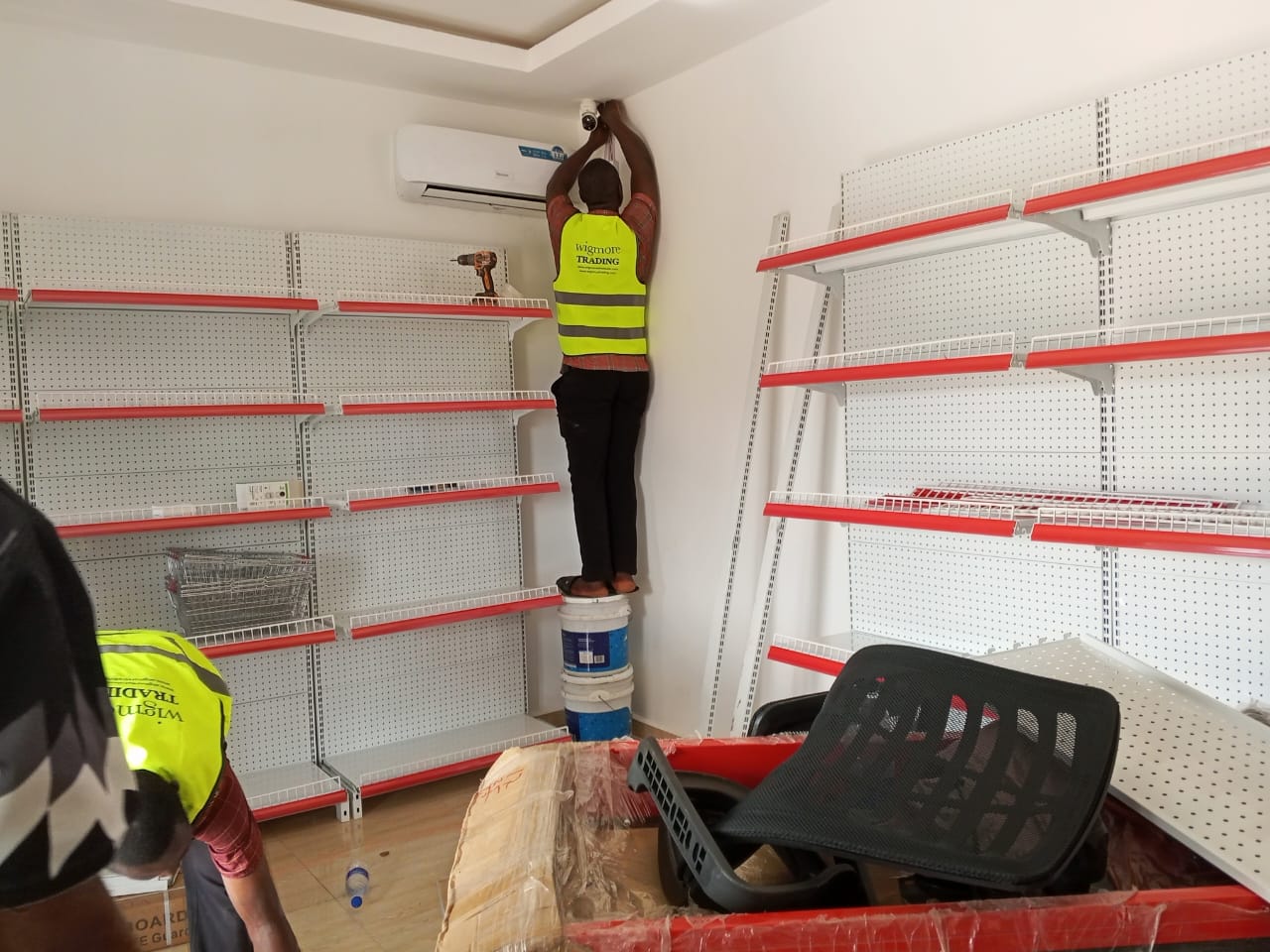How to Find Bulk Biscuits Suppliers in Ghana
How to Find Bulk Biscuits Suppliers in Ghana
Baking has always been a part of Ghanaian culture. From the royal wedding cake that was featured in the movie, “Purple Rain,” to the traditional pastries at breakfast or served as a tea time option for women, baking is woven into every aspect of day-to-day life. Ghanaian cuisine is also one of the most diverse you’ll find in Africa and is enjoyed by many other people around the world. What makes it so special? According to Forbes magazine, Ghanaian cuisine is known for its use of vegetables and spices with sweet and savory flavors typically found in Mediterranean cuisine.
Today, we’re going to look at how to find bulk biscuit suppliers in Ghana. Before we can start this process, though, it’s important that we know what a bulk biscuit supplier actually is. A bulk biscuit supplier could be a local baker who sells their products wholesale or an exporter who ships locally or internationally. The following are five steps for
What is a bulk biscuit supplier?
Finding a bulk biscuit supplier can be difficult given the diversity of options and the fact that many bakeries don’t advertise. On top of that, many exporters might not be able to supply the quantity or type of biscuits you need. In order to find a bulk biscuit supplier in Ghana, it’s important to do some research online.
1. Identify your target market
2. Search for similar keywords on social media
3. Look at what bakeries are advertising themselves
4. Reach out to local sources/blogs
5. Check with local importers
How to find a bulk biscuit supplier in Ghana
1. Search for a local supplier
2. If you can’t find a local, search for an exporter
3. If you still can’t find a local or an exporter, check online
4. Use social media to reach out to suppliers
5. Contact the supplier and negotiate the price
6. Set up an order of your biscuits
7. Start selling!
What are the benefits of working with a bulk biscuit supplier?
Working with a bulk biscuit supplier is a great way to get your products quickly and at a lower price. These companies don’t need to do as much work because they have someone else buy their goods and ship them out. In addition, you can also save money by not having to use expensive packaging or postage.
Now that we know what working with a bulk biscuit supplier entails, let’s go over some steps for finding the perfect one for you.
Step 1: Find Your Target Market
Before you start looking for a bulk biscuit supplier, it’s important that you make sure you find the right type of product that will fit your target market. You should also do some research on the types of biscuits they sell so that you’re confident in what you’re offering them in the first place. Consider tastes and textures of different types of biscuits so that you’ll be able to provide customers with something they will enjoy.
Step 2: Find the Right Supplier
Now that we know who our target audience is and what kind of biscuits we want to offer them, it’s time to find a bulk biscuit supplier. Before we start searching for suppliers, though, it’s important that we find out which ones are available locally or globally. The internet is an excellent resource when looking for these companies because spam listings can be filtered easily; however, it’s still important that you search locally as well as globally before searching online if possible.
How to talk to a bulk biscuit supplier about your business
a) Before you start this process, it’s important that you have a clear understanding of what your business needs. This will help you determine the type of supplier you should be looking for and what they can do to help your company.
b) If possible, reach out to the local baker or exporter before making contact with them. It’s easier to understand the process and scope of work if you speak with someone who is familiar with the industry first.
c) Make sure that there is a defined scope of work before reaching out to your potential supplier. When speaking to them on the phone, give them a general idea of what you need done but let them know that you are open to changes if necessary.
d) Make sure that you are specific about your budget for each project. You want to be able to make an informed decision about whether or not this particular supplier is worth working with based on how much money they will charge for their services.
e) Ask for references from previous clients who were happy with their work. This will ensure that they have satisfied customers, which means they’ll be more likely to do a good job in the future as well!
Summary
of Steps
1. Finding a local bulk biscuit supplier.
2. Contacting the local bulk biscuit supplier.
3. Setting up an appointment with the local bulk biscuit supplier.
4. Negotiating what it will cost to buy goods from the local bulk biscuit supplier (price negotiation).
5. The final step is to conduct background research on your new local partner, so that you can avoid any potential scams before making a purchase with them.








LEAVE A COMMENT
You must be logged in to post a comment.